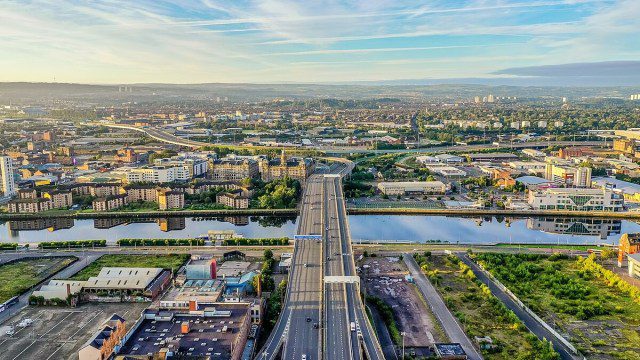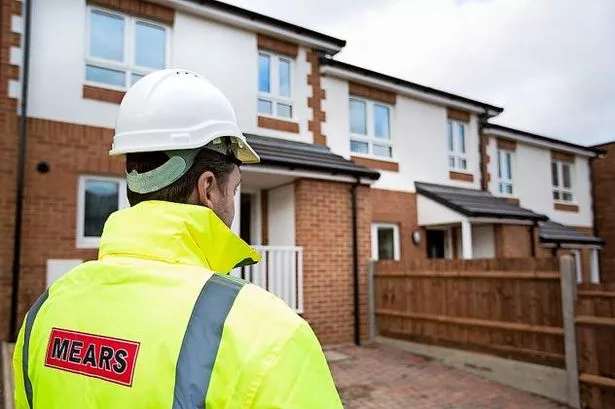Glasgow City Council has recently launched a new open data hub – available at https://data.glasgow.gov.uk/ – to open up access to city data managed by the council and its partners. This data gives a new view on how Glasgow operates as a city.
The hub is a place to access data, to provide tools to enable people to visualise this, and to tell some simple stories around what the data means for the city. The aim is for the hub to also be a place to engage with citizens and other stakeholders around particular themes supported by open data.
The development of the hub helps to deliver on some of the underlying objectives of the current Digital Glasgow Strategy, which sets out Glasgow City Council’s priorities and commitments to developing the city’s digital economy and transforming our public services through the use of digital technology, data and innovation.
The hub is also a focus for empowerment of citizens and stakeholders by opening up access to a wide range of data used by the council and partners to inform decision-making, as well as enabling citizens to explore and understand this data about Glasgow in more accessible ways.
The council is focusing on adding a wide range of data to the hub in future on a whole range of subjects including the environment, transport and movement, the economy, education and government. Some of the new data made available have focused on movement across the city such as cycling and walking and also highlight the impact of the Covid-19 pandemic.
Other data demonstrates the impact of the pandemic at a neighbourhood level – for example, recently released open data on cycling in the city centre showed at drop of 20% in cyclists as a result of the lockdowns in Spring and Autumn/winter 2020, with a slow recovery of numbers in 2021. The data is available to explore at https://data.glasgow.gov.uk/pages/app-gallery where users can analyse cycle data all around the city centre for the past three years.
Our pandemic data release has tracked coronavirus cases across local neighbourhoods daily since March 2020, at https://open-data-design-glasgowgis.hub.arcgis.com/maps/covid-19-glasgow-city-council-map/explore and continues to monitor this in real time. To mark one year of the Covid-19 pandemic, a story was posted onto the hub showing its impact up to that point. Users can explore this and other data stories at: https://open-data-design-glasgowgis.hub.arcgis.com/pages/data-stories
Newly published data tracks footfall across the city centre – that is, how many people are moving around city streets. This data is important as it allows us to understand how busy the city centre is at any one time such as at weekends, at Christmas, or during events.
It has been particularly valuable during the pandemic to monitor Glasgow’s recovery. For example, city centre footfall increased as a result of the recent easing of restrictions in late July / early August – there were 5% more people in the city centre during August than in July. This figure jumped by 86% for late night footfall where the hours of midnight to 4am were compared. More footfall data can be accessed from https://data.glasgow.gov.uk/pages/app-gallery.
Councillor Angus Millar, Chair of the Digital Glasgow Board, said: “The use of data can help us understand our city better, support innovation and drive improvements in the delivery of public services. Glasgow’s Open Data hub offers us – the council and our partners, as well as residents, business and organisations in the city – the chance to take a new and unique look at how Glasgow operates, to see what works well in the city and how it could be improved.
“We want to allow people to engage with the portal to not only gain information on aspects of the city they are interested in, but to help shape decision-making and understand how the delivery of public services can be transformed through the use of data. This is a great resource, and we will be working with communities and partners across the city to build on the content already available on the portal to make sure we can get the most out of the opportunities our Open Data hub can offer the city.”












